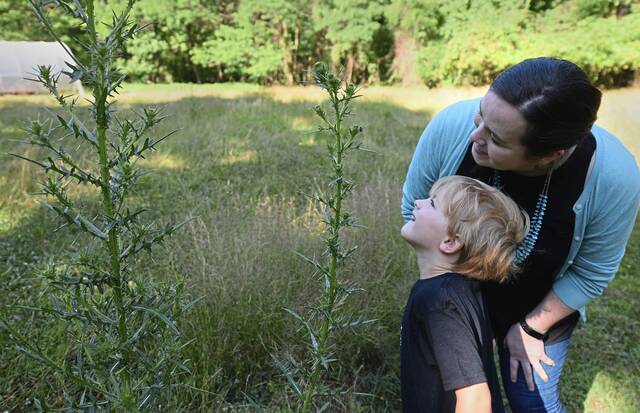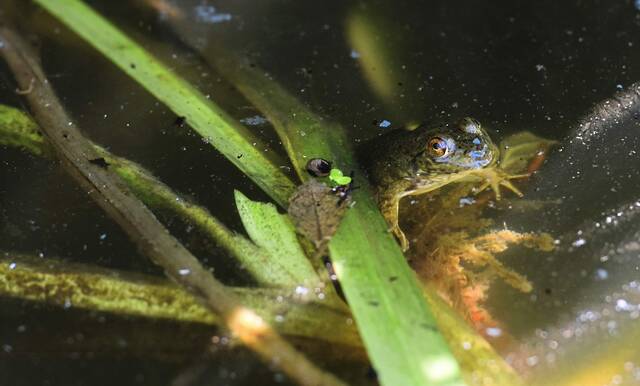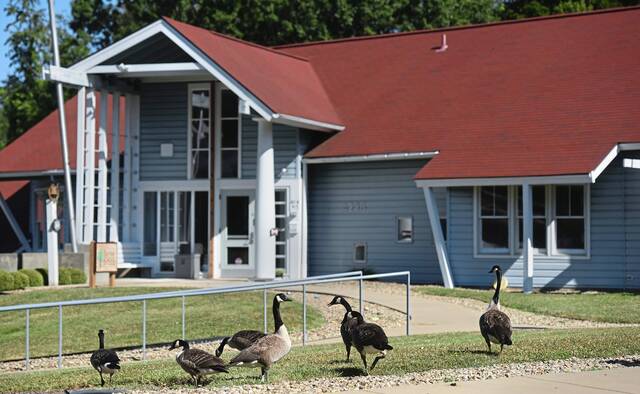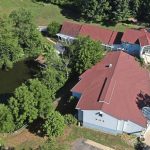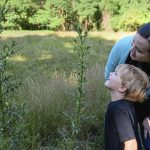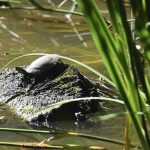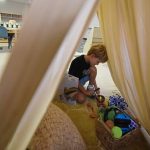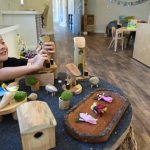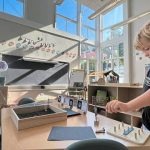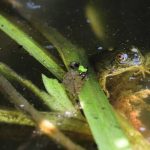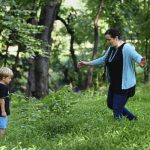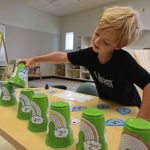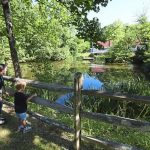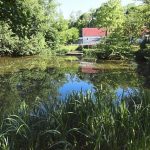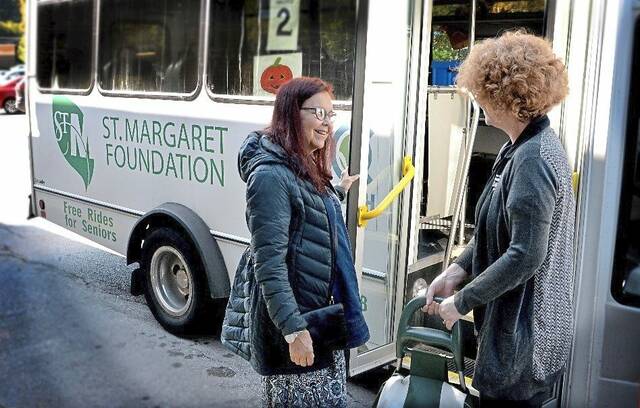The Discovery School is set to welcome students this fall to a new campus that features a nature playground, a discovery pond, trails, meadows and a creek.
Previously located at Beechwood Farms Nature Reserve, The Discovery School has moved to the former Winchester Thurston North campus at 4225 Middle Road in Hampton Township, allowing for a surge in enrollment from 40 children to 120 for the 2022-23 school year.
“This relocation will enable us to serve more children and families through our child-centered program, as well as set down roots from which to build upon, year after year,” said Jessica Handron, Discovery School educator and director. “The unique school buildings provide us with room to grow.”
The school’s new campus houses two school buildings and 7 acres of wooded property. A new outdoor space, in collaboration with students and parents, includes a sensory area, mud kitchen, dry creek, rain garden, big stick building, a natural climbing area and spaces for outdoor creative expression.
Also new this fall is full-day kindergarten.
“What’s unique about this campus is the variety of natural features for the children to explore and the freedom they are given to do so, based on their own interests,” said Mary Lynne Bennett, a teacher who offers a separate, additional music program at the school.
Winchester Thurston’s North Campus closed in March of 2020 because of the pandemic, shutting down permanently in 2021. Handron closed on purchasing the property on Oct. 5 of last year.
The Discovery School is accredited by the state Department of Education and enrolls children ages 2 to 6.
preschool
Handron said popular student activities include climbing trees, splashing in the creek, observing tadpoles and frogs in the pond and digging in the mud.
Student Teddy Bradlow, 4, of Sharpsburg, is a return pupil this year. He has a nickname for his school, calling it “Owl School.”
“When we put on his rain boots, he always tells me about splashing in puddles in the rain with his friends,” said his mother, Helen Bradlow.
Bradlow chose Discovery because of the strong focus on the nature-influenced curriculum and was excited to see the school expand to a new campus.
“We value the importance of spending time exploring in small groups in the natural environment away from screens. Teddy is autistic, and our daily lives create so much sensory input. Spending time in nature allows all of us to filter it and process it in a more peaceful way,” she said.
The staff has grown from eight to 22, with educators, assistants and support staff hired to accommodate the increase in enrollment, including a facilities manager, a business manager and a school nurse.
There are two-, three- and five-day programs offered in half-, full- and extended-day offerings. Tuition ranges from $325 to $1,250 per month, per student, depending on the selected program.
There is a waiting list.
Exploration-based learning
The Discovery School is inspired by the Reggio Emelia concept in education, an approach that fosters love for exploration-based learning and community learning by developing experiences, Handron said.
“Our approach to learning values children’s innate sense of wonder and allows them to construct meaning of the world around them through play and exploration,” Handron said.
The environment is a “third teacher” in the Reggio Approach, said teacher Christina Hamilton.
Hamilton recalled children observing “Grandpa Groundhog” building his winter burrow near the playground.
The children watched for months and became deeply interested in how animals prepare for winter and hibernation, Hamilton said.
Some students left notes for the groundhog and his favorite foods outside his burrow for when he woke up.
“The children cheered when they first saw them in the spring,” Hamilton said. “As an educator, I feel grateful each and every day that our children have this opportunity to be outside and learn through authentic and meaningful experiences in nature.”
Students will spend about half of their day at school outside. Rain or shine.
Curriculum investigation topics are student-driven, based on their interests and questions, and last from one to nine weeks. Common projects that emerge are animal home/habitats, insets and pollinators, animals in wintertime, pond life, seeds and plant growth, and freeze/thaw of water.
Summer camps for ages 3-12 will be offered in 2023, with enrollment opening in February 2023.




